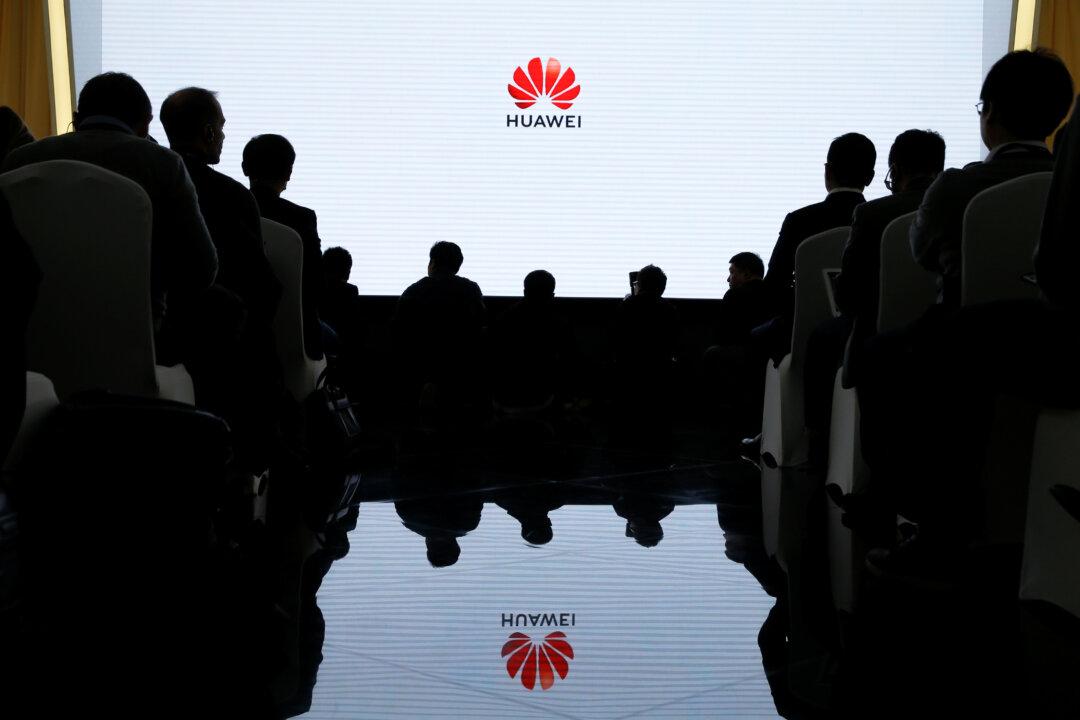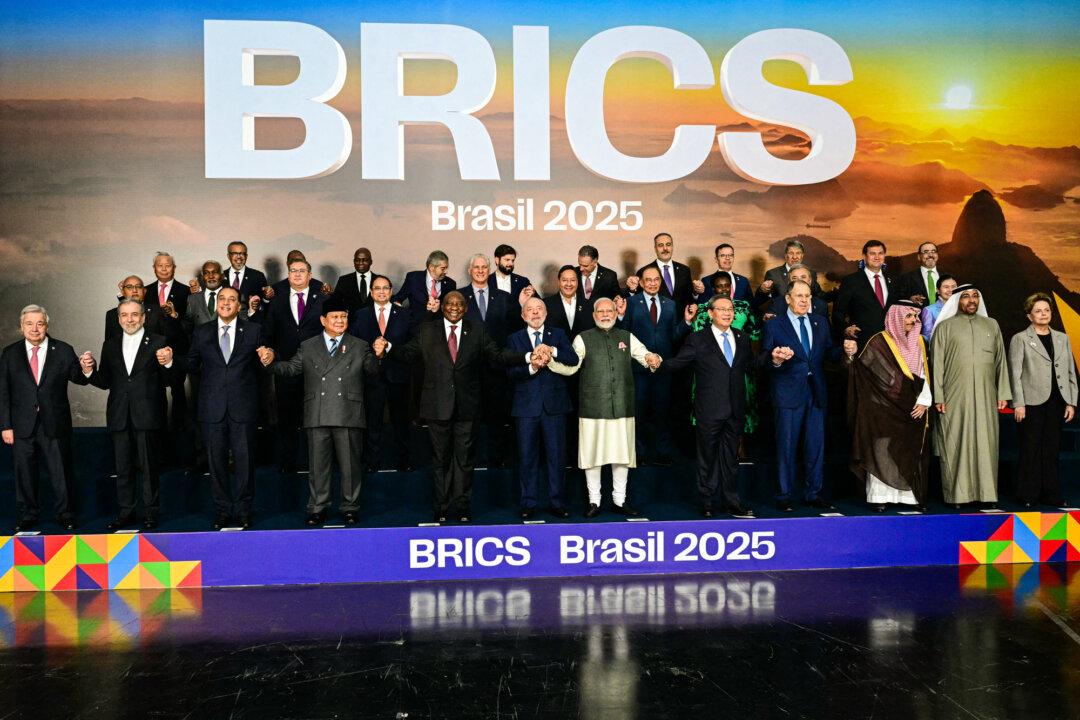Commentary
The arrest of Huawei executive Meng Wanzhou by Canadian authorities at the behest of the U.S. government tells us that the old ways of doing business are over for China. Their days of feeding off American technology are numbered, and President Donald Trump isn’t pulling any punches. It’s about time.





